Kokoda ... Time to Work Together
Now is the time for all those imbued with the spirit of Kokoda to join forces to address the problems on the Track.
The latest tragedy - another trekker lost, a father brimming with passion and walking to raise funds to help Camp Quality - has brought out the usual criticisms from the usual suspects. But what we need is positive leadership to unite our efforts rather than another storm of negativity.
The Australian and PNG Governments - through their joint Kokoda Initiative - have been working together to improve the operation of the trekking industry and to bring benefits to the communities along the Track.
The revamped Kokoda Track Authority (KTA), the PNG local authority empowered to administer trekking, is trying to set guidelines and oversee their implementation. (The KTA is being assisted by a number of temporary Australian administrators, who will mentor their local successors over the next two years.
The Kokoda trekking industry has grown in a rapid and freeform manner, especially over the last decade. Around 6000 trekkers make the crossing each year, generating up to $50m annually. It is PNG’s biggest tourist attraction.
Many individuals and organisations have benefitted greatly from this growth. Air Niugini and Qantas have made windfall gains from this massive increase in traffic and trekking operators have made handsome profits, the vast bulk of which comes back to Australia.
How much of this money has filtered back to the people living along the Track, over whose land we walk? The answer, sadly, is a pittance.
The only money that directly benefits the Track communities comes from the tiny amounts trekkers pay for food and local craft items (most trekking companies advise their trekkers to bring about 200 Kina in cash, or about $85, for this purpose); from the earnings of local porters and guides (around 60 Kina a day); and from campsite fees (about 20 Kina per person).
Each trekker is supposed to pay a 200 Kina ($85) trekking fee to the KTA. These fees are then used to upgrade community facilities along the Track and to administer and monitor trekking.
Unfortunately, the original KTA was dysfunctional and many Australian-based trekking companies failed to pay this fee in the past. But the new KTA is collecting and distributing this income and Track communities are starting to benefit from it.
In addition, the benefits of the Kokoda Initiative’s Development Program, largely delivered through AusAid, are starting to be seen on the ground.
All the while, NGOs like the Kokoda Track Foundation and Rotary continue to deliver their aid programs to help improve the lives of the local people in education, health and community development.
What we need most is a coordinated approach to helping our nearest neighbour. The Kokoda Track Foundation has created a forum, called Kokoda Link, to serve as an online community notice board.
If you have a Kokoda project:
If you have a philanthropic organisation with an interest in Kokoda:
- please consider supporting an existing project that accords with your aims, or
- if you plan a new project, check how it affects existing projects.
If you just have a passion for Kokoda you can help in a variety of ways:
- Join the Kokoda Track Foundation
- Support its projects (eg Adopt An Angel under which $300 will pay for a primary school scholarship for a year)
- Support other projects on Kokoda Link.
